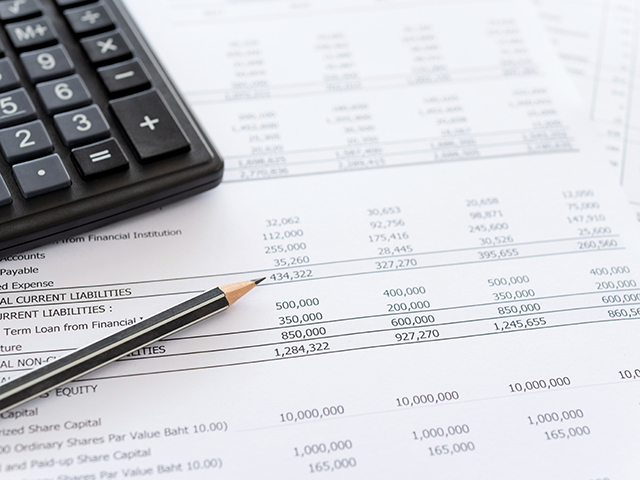DTN Ag Policy Blog
Senators Point to Worries Over Stepped-up Basis Proposal's Impact on Agriculture
Following up on President Joe Biden's plan to increase capital gains, an analysis released on the plan highlights that it only generates higher revenue for the federal government if the plan also eliminates stepped-up basis as well.
The analysis by the Wharton School of Business at the University of Pennsylvania looks at the tax possibilities under Biden's plan. Raising the capital gains rate from 20% to 39.6% for people with more than $1 million in income would actually lower federal tax revenue by $33 billion over 10 years – effectively $3.3 billion a year. The higher tax rates, the analysis states, would cause more wealthier Americans to hold on to their stocks or other assets rather than sell them.
However, eliminating the stepped-up basis as part of the proposal would take away the advantage of holding on to those assets. The Warton analysis estimates that raising the capital gains and eliminating stepped-up basis would increase taxes $113 billion over ten years.
The stepped-up basis issue was raised by senators on Tuesday who spoke to members of the North American Agricultural Journalists (NAAJ).
Sen. John Boozman, R-Ark., ranking member of the Senate Agriculture Committee, pointed to the concerns about eliminating stepped-up basis for farmers as one of the risks farmers would face by Democrats using the budget reconciliation process to pass legislation. “For those of us who represent, or feel like we're representing agriculture, there are some poison pills,” he said.
Discussing competing infrastructure plans, Boozman noted the Republican counteroffer to spend $568 billion was being rebuffed by Democrats for President Biden's proposal that would cost $2.2 trillion. Boozman said he sees Democrats looking for more ways to pass bills through the budget reconciliation process, which eliminates the need for a 60-senator vote of approval to clear a bill.
P[L1] D[0x0] M[300x250] OOP[F] ADUNIT[] T[]
“I'm afraid we're going to have more reconciliation just because of the size and scope of these bills,” Boozman said. “Again, there are significant tax increases.”
Sen. John Hoeven, R-N.D., who is ranking member of the Senate Agriculture Appropriations Subcommittee and a member of the Agriculture Committee, said the stepped-up basis issue is “incredibly important, and farmers and ranchers and small businesses across the board really understand it.” Hoeven said farmers and ranchers need to remain engaged about tax provisions. “Farmers and ranchers need to stay involved and talk about how important it is that they have the estate-tax credit and the stepped-up basis so they can transfer the farm or ranch because it's not just the cost of your real estate in your land. Look at the incredible costs of the equipment,” he said.
Hoeven added that he also raised that issue Tuesday when members of the Agriculture Committee met informally with Agriculture Secretary Tom Vilsack.
Sen. Tammy Baldwin, D-Wis., chair of the Senate Ag Appropriations Subcommittee, told reporters that stepped-up basis was a topic Monday in a meeting she had with a Wisconsin farm group. Baldwin said she doesn't think she would be unique as a senator hearing about the stepped-up basis issue. She doesn't directly deal with tax issues, but Baldwin said she would be talking to members of the Senate Finance Committee about it.
Biden is expected to offer more details on both his infrastructure proposal and his plan to pay for it in a speech Wednesday night to Congress.
Wharton analysis, “Revenue Effect of President Biden's Capital Gains Tax Increase
https://budgetmodel.wharton.upenn.edu/…
Chris Clayton can be reached at Chris.Clayton@dtn.com
Follow him on Twitter @ChrisClaytonDTN
(c) Copyright 2021 DTN, LLC. All rights reserved.






